
Oli’s Delusions of Youth and Political Dynasty
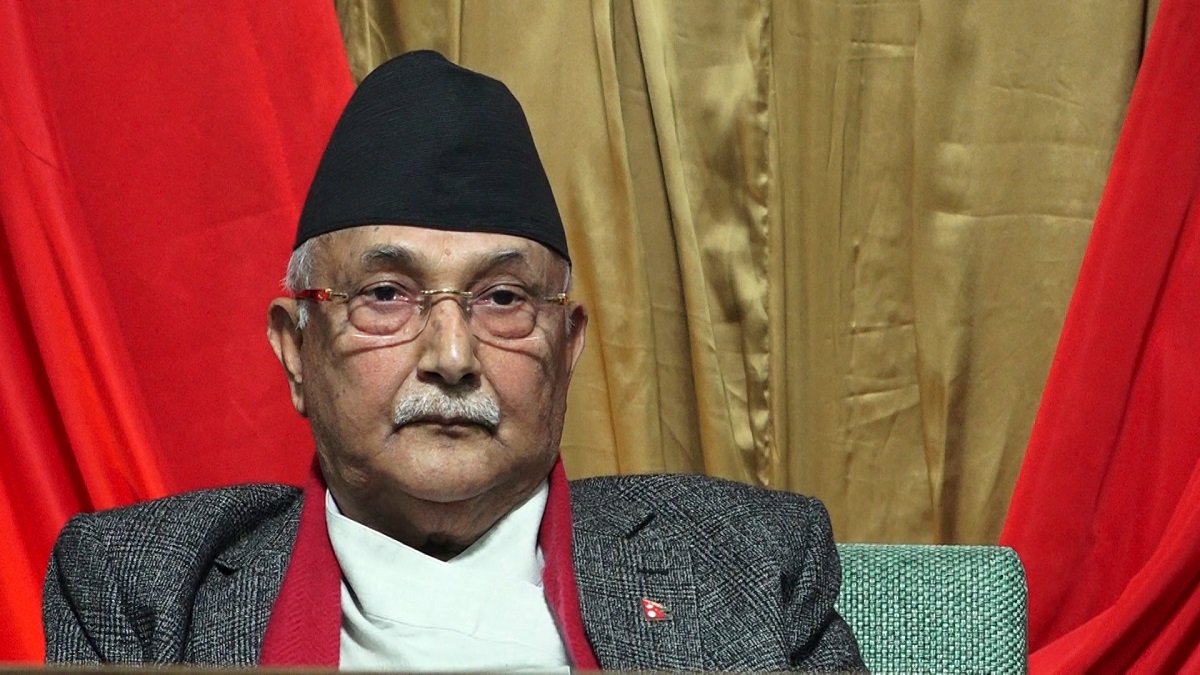
Age is often a humbling force, reminding us of the fleeting nature of time and the inevitability of change. Yet, for some, age becomes a battleground where denial meets ambition, as evidenced by CPN-UML Chairman KP Sharma Oli’s recent remarks about his supposed rejuvenation and enduring grip on power. In a speech laden with hubris, Oli attempted to assert his dominance within the party hierarchy, dismissing dissenting voices and projecting an image of eternal leadership.
Oli’s assertion that he is “getting younger by the day” and his hair is miraculously turning black reeks of denialism and betrays a deep-seated insecurity. His desperate clinging to power, even at the expense of party unity and democratic principles, paints a troubling picture of a leader divorced from reality and unwilling to acknowledge the natural progression of time.
The recent rift within the UML, which saw senior leaders like Madhav Kumar Nepal and Jhala Nath Khanal walk away, has left Oli as the undisputed head of a party reduced to a one-man show. Rather than embracing the opportunity for renewal and fostering a culture of inclusivity, Oli has chosen to consolidate his power and silence dissent, perpetuating a toxic atmosphere of mistrust and division.
Oli’s proclamation that he will remain party chair for another two decades is not only delusional but also damaging to the democratic fabric of Nepali politics. His refusal to entertain the possibility of succession and his party colleagues’ complicity in validating his autocratic tendencies only serve to deepen public cynicism and erode faith in the political process.
It is not just Oli who is guilty of such self-centered behavior; the top leaders of other major parties, including Sher Bahadur Deuba of the Nepali Congress and Pushpa Kamal Dahal of the Maoist Centre, also exhibit a similar penchant for absolute control and perpetuation of their own political dynasties.
Efforts to cultivate personality cults and concentrate power in the hands of a few individuals are antithetical to the principles of democracy and serve only to entrench existing power structures. The public, clamoring for change and accountability, deserves leaders who are willing to relinquish control when the time comes and prioritize the collective good over personal ambition.
Ultimately, Oli and his counterparts must come to terms with the reality that their hold on power is finite and contingent upon the will of the people. The illusion of invulnerability that they project is just that—an illusion. True leadership requires humility, introspection, and a commitment to serving the interests of the nation above personal gain. Until our political leaders embrace these principles, the promise of a truly democratic Nepal will remain elusive.


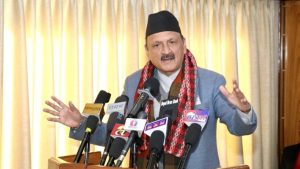
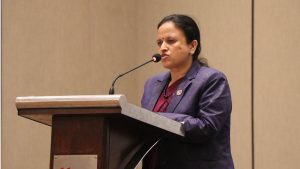
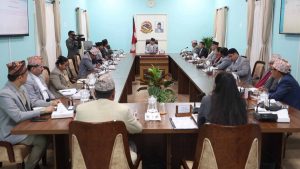
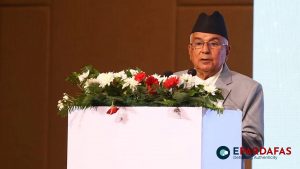
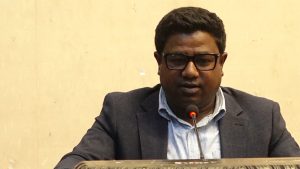
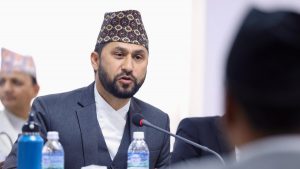





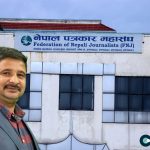
Comments